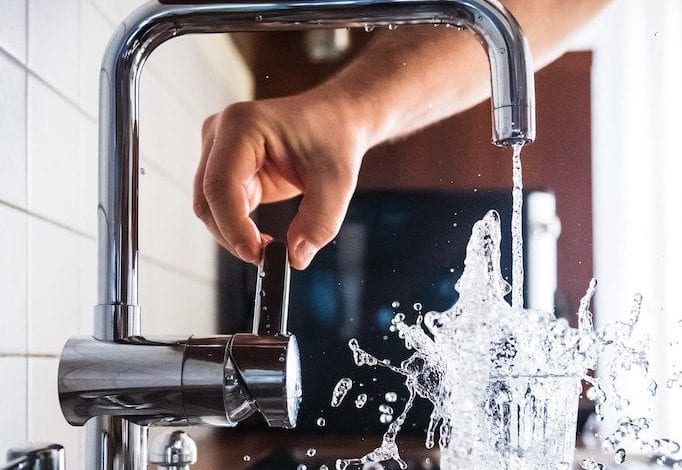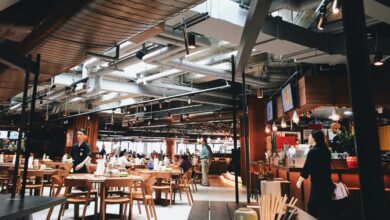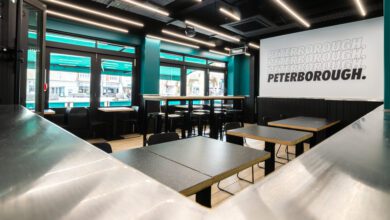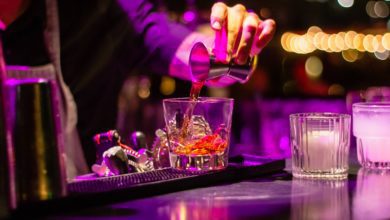The impact of COVID-19 on your water offer – what you need to know

The repercussions of Covid-19 have been far-reaching for all, especially for those in the hospitality industry, where measures meant that businesses have been closed and normal services put on hold. It’s safe to say these temporary closures have left many of us looking forward to visiting our favorite restaurants, pubs and cafés as we enter the ‘new normal’.







